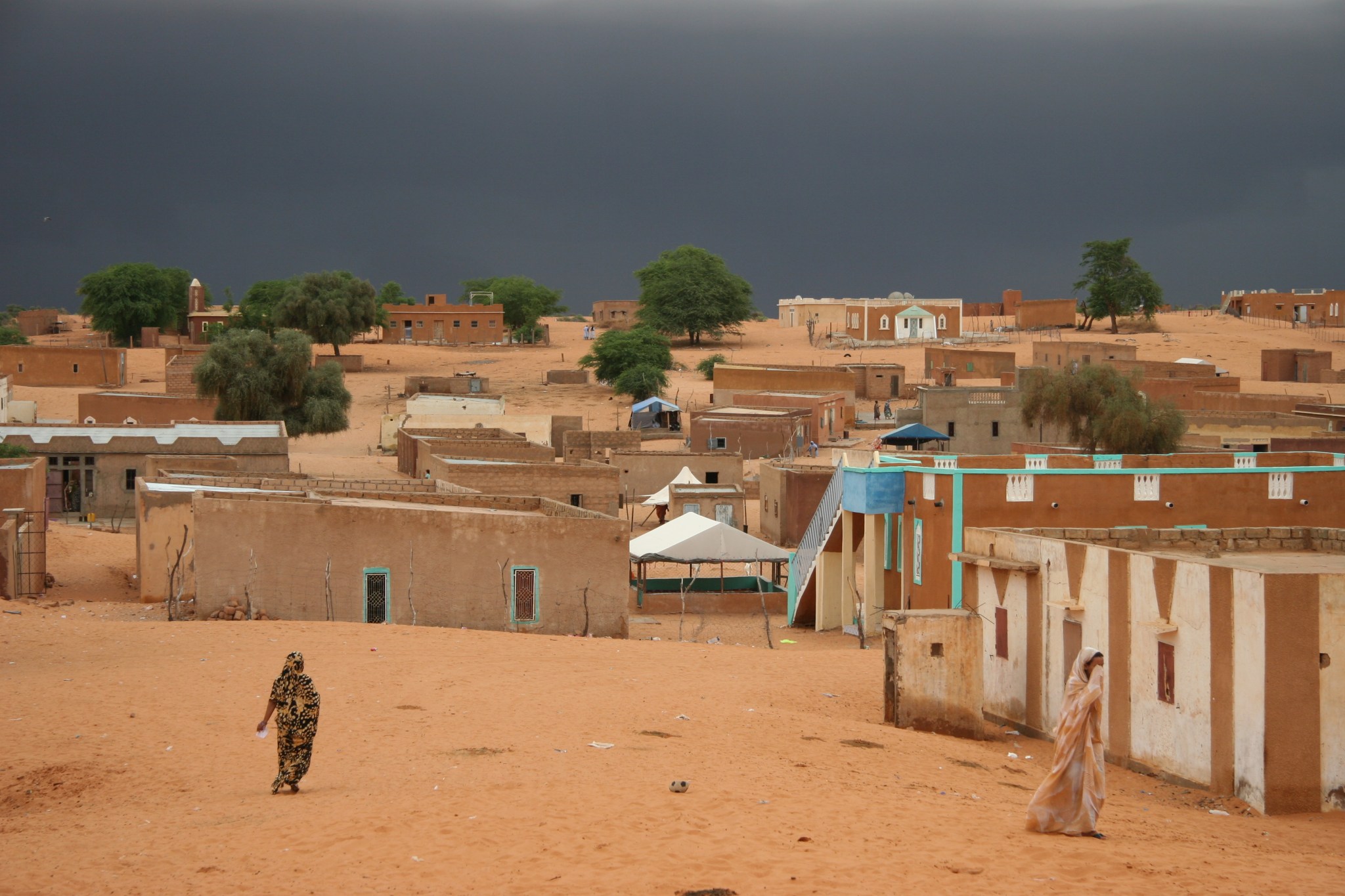Mauritania, located in the western Sahel region of Africa, is rich in minerals, like iron ore, copper, gold, silver, and oil and gas. In fact, it is the world’s seventh largest exporter of iron ore and has the largest gypsum deposit in the world. These resource blessings allowed Mauritania to collect $140 million in taxation in 2015. Revenues will soon increase once the Great Tortue Ahmeyim, West Africa’s largest natural gas discovery to date, straddling Mauritania and Senegal, with an estimated more than 25 trillion cubic feet of natural gas, begins to be harvested.
Resource wealth comes with its own challenges, most notably the resource curse or “paradox of plenty.” Natural resource wealth has been linked to slow growth, inequality and negative development outcomes. Discovery of resource wealth can lead to a sharp inflow of foreign currency, which strengthens the exchange rate, weakening the country’s ability to export products from non-resource sectors and creating commodity price volatility.
Moreover, even when resource wealth produces positive development outcomes and growth, it tends to benefit a small ruling elite and can fuel authoritarian regimes. Social conflicts can arise over the distribution of benefits from these resources and the harmful environmental effects of harvesting them. Mauritania’s extractives industries have already led to conflicts over mining workers’ rights, community relations and environmental impact.
This doesn’t erase the potential wide-ranging benefits of Mauritania’s natural resource wealth, both for Mauritania’s government and citizens, 14 percent of whom the International Federation of Red Cross and Red Crescent Societies projects to suffer from severe food insecurity in the next months. Fortunately, the government is cognizant of the need to manage this sector responsibly and has already made strides in this area, including signing onto the Extractive Industry Transparency Initiative.
The Mauritanian government should also consider how extractive revenues could strengthen subnational government and benefit citizens living in the areas where these resources are harvested. Currently, almost all extractive industry revenues go directly to the national treasury, while municipalities receive only a small share, consisting of communal tax revenues. There is no provision yet for regional governments, which were recently created in January, to receive a portion of the extractive revenues. According to the law establishing them, regional bodies will be responsible for the economic, social, cultural and scientific development of their territories. Extractive tax revenues could supplement funds that the Mauritanian government plans to allocate to the regions where minerals and hydrocarbons are found (Tiris Zemmur, Inchiri, Traza and Brakna). Or the Mauritanian government could allocate a higher share of revenues to municipalities to improve their ability to deliver services to their residents.
Just as the national government is prioritizing increasing its ability to manage natural resource revenues responsibly, attention should be paid to increasing the capabilities of subnational governments to manage these funds effectively and transparently. To reduce the chances of favoritism influencing the distribution of the money, international implementers should help subnational governments understand their roles and responsibilities to act as neutral, responsive representatives of public interest and welfare. Such capacity development would complement the recently passed finance organic law, which aims, according to the Finances and Economy Minister, to reform budget preparation, synergize national development strategies and make public resource allocation more efficient.
Mauritania’s extractives wealth presents potential economic and social pitfalls, but it also represents an opportunity to strengthen the responsiveness of its subnational government and to foster transparent, efficient and democratic practices. In the long-term, increased government responsiveness and democratic modes of operations can prevent future social conflicts and promote citizens’ well-being.
Thank you to the Extractive Industry Transparency Initiative for providing most of the information described here about Mauritania’s extractives industries and wealth on their website.
Top